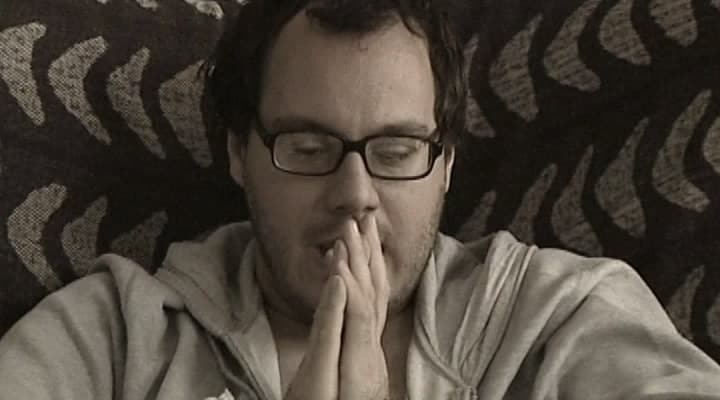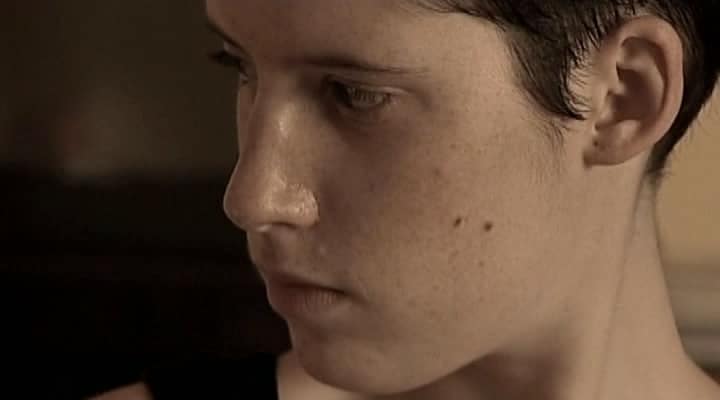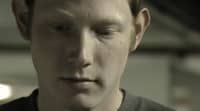When Benedek Fliegauf failed to get into the Hungarian Film School, he decided to make a cheap film shot on DV. The great director, György Fehér, was a consultant on the film. It’s called Forest (Rengeteg 2003) and is comprised of seven segments. Most of them consist of dialogues shot in close-ups with occasional panning between the characters talking. All of the thespians are amateurs and friends of the director. The only one I recognize is the director, Bálint Kenyeres. The film is bookended by a sequence taking part outside a mall where we see different people moving to and fro. In the following scenes, there are no establishing shots, which heightens the tension of the film.

And there is tension to spare. Some of it comes from the use of sound. Something that would be a calling card for the director throughout his career, but what creates the disconcerting effect that the film has on the viewer comes from the script. Fliegauf said that he had the feeling that he didn’t come up with these stories but that they rather entered his body from outside. The quality of the writing was noted by many celebrities, among them Miklós Jancsó, who compared it to the short stories of István Örkény. Film scholar András Bálint Kovács (son of the director András Kovács) praised the film as an extraordinary achievement, as well.
The seven vignettes are enigmatic but not vague. Their most obvious aspect is that they are not afraid to drill down to the darkest corners of the psyche. Some episodes are more disturbing than others. The first one eases us in, where we see a girl argue with her girlfriend for letting a stranger into their apartment. He is now sleeping there with his dog while the other girl is half-naked for some reason. Eventually, the man wakes up, and we learn what is actually going on and why he actually came to that very apartment. The second story concerns two young men talking about something one of them recently obtained and now keeps in his car.

These are not the two stories that received the most attention or appreciation, but the less one knows about the stories, the better. This is a striking first feature that received a bountiful of awards, both in Hungary and abroad. The director would go on to make other striking films such as Dealer (2004), Tejút (2007), which was an episode film as well, and Just The Wind (Csak a Szél 2012), which depicted the murders of a Romany family in Hungary. The latter won the Jury Grand Prix at the Berlinale.
Fliegauf’s most recent film is a continuation of sorts of his debut called Forest: I See You Everywhere (Rengeteg Mindenhol látlak). A film that I will hopefully cover soon. It was interesting to return to Rengeteg after 18 years, and it hasn’t lost any of its power.
